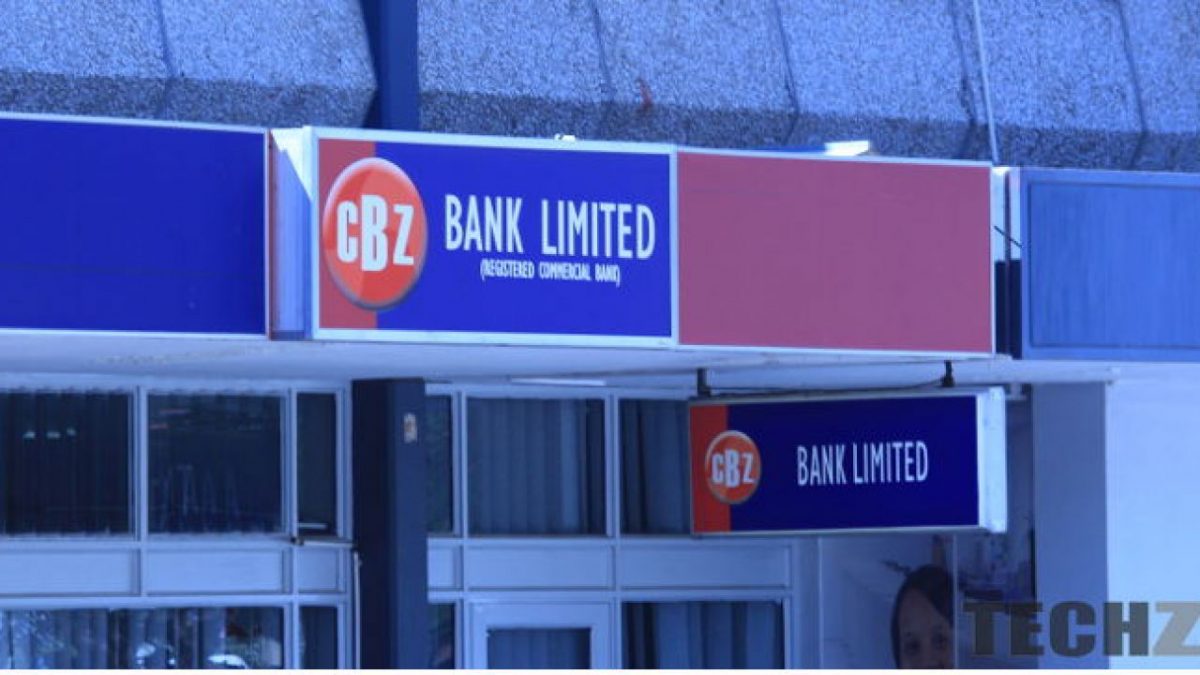CBZ Holdings was declared the overall winner of the Best Corporate Governance Disclosures Award for listed companies at the Institute of Chartered Secretaries and Administrators Excellence in Corporate Governance Awards ceremony at Cresta Lodge in Harare on Wednesday evening.
The first runner-up was Econet Wireless Zimbabwe. The second runner-up was First Mutual Holdings.
FBC Bank was the overall winner of the Best Banking Corporate Governance Disclosures Award. CBZ Bank was the first runner-up for this award, while the Central Africa Building Society (CABS) was the second runner-up.
The winner of the Best Corporate Governance Disclosures Award for the insurance sector was Old Mutual Insurance Company. The first runner-up was First Mutual Reinsurance Company. Fidelity Life Assurance of Zimbabwe was second runner-up.
The winner of the State Enterprises and Parastatals Best Corporate Governance Disclosures Award was TelOne, with the Agricultural Bank of Zimbabwe (Agrubank) the first runner-up and the People’s Own Savings Bank (POSB) the second runner-up.
The Institute of Chartered Secretaries and Administrators in Zimbabwe (ICSAZ) has been holding the Excellence in Corporate Governance Awards since 2013 as a way of promoting good corporate governance.
CBZ Holdings also won the Shareholder Treatment and Board Practices awards in the listed companies category. RioZim won the Stakeholder Practices and Sustainability Reporting Award in this category.
FBC Bank won the Best Banking Governance Practices award, while CBZ Bank won the Best Banking Risk Management award.
Presenting the adjudicators’ report, ICSAZ acting chief executive Nelson Maseko said the 10‑member adjudication panel had evaluated the companies, banks, insurance companies and parastatals using the ICSAZ corporate governance scorecard over a period of four months..
The adjudicators’ decisions were based solely on corporate governance and related disclosures, not on financial results or performance. Only information in the public domain, chiefly annual reports, was used for evaluation. Public media stories were excluded.
One of the shortcomings among listed companies noted was shareholder protection, especially in the areas of disclosing board member assets, board member shareholdings and information that deters insider trading, the report said. Many companies just disclosed board members’ names in their annual reports but not the skills board members had for serving on the boards.
The majority of banking institutions did not, in their annual reports, present detailed directors’ profiles to demonstrate the quality of the organisation’s leadership and diversity in terms of qualifications, skills experience, gender and age.
“Gender diversity is still a major gap to be filled. There is generally slow progress towards achieving gender balance and diversity on the boards,” the report said.
Some banking institutions did not distinguish non-executive directors from independent non-executive directors.
“The issue of independence is a critical governance requirement to the extent that even for the independent non-executive directors there should be periodic evaluation of their continued independence,” the report said.
Most banking institutions still shied away from disclosing individual directors’ remuneration. There was, however, a noted improvement in this among state-owned banking institutions.
The annual reports of insurance companies did not disclose the number of directorships in other organisations for each board member. Best practice was for board members to not sit on more than five boards or on any other insurance company’s board except in a holding company set-up.
With state enterprises and parastatals in exceptional circumstances all non-executive board members were retired at the same time. This militated against succession planning the report said.
Board members’ academic qualifications, expertise and background were not given, which made it difficult to assess what kind of value addition board members were bringing tot the entity.
In all categories participating entities were still to embrace sustainability reporting, which meant they did not integrate their financial and non-financial information.
Securities and Exchange Commission of Zimbabwe chief executive Tafadzwa Chinamo in his address stressed the importance of environmental, social, and governance (ESG) reporting, also known as sustainability reporting.
“Socially responsible investors are demanding certain actions or information from companies. A sole focus on delivering superior financial results is no longer good enough to attract investors. Institutional investors and asset managers have expressed strong support for reporting on ESG matters,” he said.
He said that some entities in Zimbabwe had shown some commitment to ESG reporting. The challenge had been a lack of comparability and consistency, which was largely due to the lack of a uniform global framework on ESG as well as the voluntary nature of these disclosures.
He suggested organisations use the United Nations Sustainable Development Goals to identify sustainability issues and demonstrate their contribution to a high profile global initiative and report against at least one recognised ESG framework, if not multiple frameworks.
He recommended disclosing forward-looking information in addition to historical ESG activity information and addressing the impact of ESG activities on improving financial performance.






